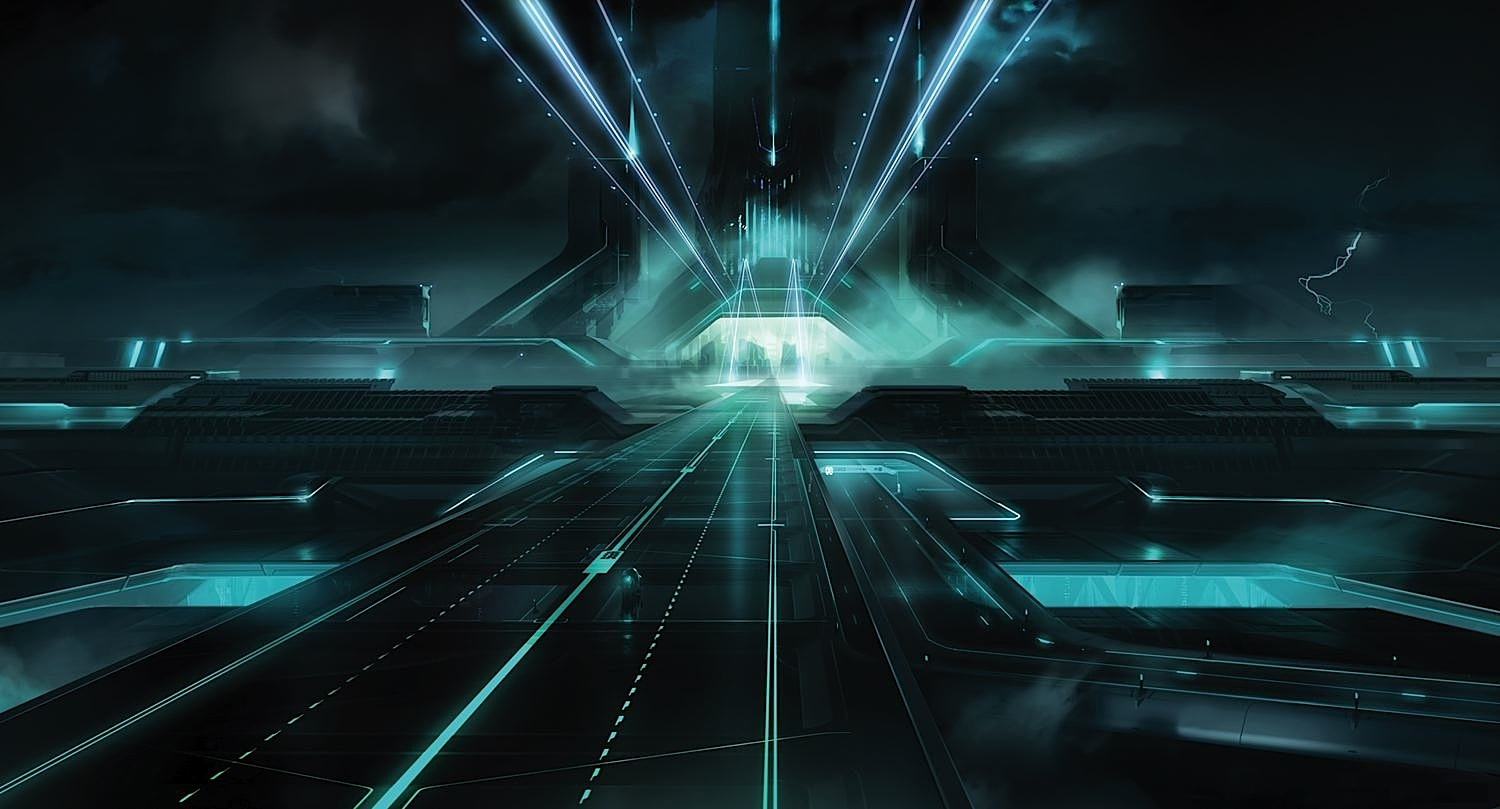Efficiency in general describes the extent to which time or effort is well used for the intended task or purpose. It is often used with the specific purpose of relaying the capability of a specific application of effort to produce a specific outcome effectively with a minimum amount or quantity of waste, expense, or unnecessary effort.
 In the late 1800's, Frederick Winslow Taylor developed methods of labor productivity, one of many types of efficiency, called Taylorism. Taylorism was largely accepted by industries seeking to increase profits and reduce waste. Despite looking good initially, this "efficiency" also met a lot of criticism. In the early 1900's the Senate in fact banned Taylor's methods when an investigation found the majority of workers to be hostile towards the amount of control the managers had over them. Similarly, in Taylorism, workers with talent and potential were treated the same as unskilled workers creating a system that catered to drones, not humans. I find this historical context helpful because it is an example of how "efficiency" does not often work well with human nature.
In the late 1800's, Frederick Winslow Taylor developed methods of labor productivity, one of many types of efficiency, called Taylorism. Taylorism was largely accepted by industries seeking to increase profits and reduce waste. Despite looking good initially, this "efficiency" also met a lot of criticism. In the early 1900's the Senate in fact banned Taylor's methods when an investigation found the majority of workers to be hostile towards the amount of control the managers had over them. Similarly, in Taylorism, workers with talent and potential were treated the same as unskilled workers creating a system that catered to drones, not humans. I find this historical context helpful because it is an example of how "efficiency" does not often work well with human nature.In Blade Runner, Ridley Scott shows us a world full of "efficiency". Technology has advanced far enough to enable street vendors to do DNA tests on synthetically manufactured snake scales and housing shortages are clearly no longer an issue. However despite such advances there are clearly major problems still plaguing the city and in fact the majority of people have fled off-world. In the world of Blade Runner, replicants have been created for the purpose of colonizing other planets. Such a feat by genetic designers, creating robots that are superior to the creators themselves, would be looked at by our society today as amazing and extremely beneficial. However, as seen by the goal of the Blade Runners which is to "retire" the replicants, these technological advances have gotten too far out of hand and the efficient city which we had been working towards for hundreds of years is no longer efficient for humans.


